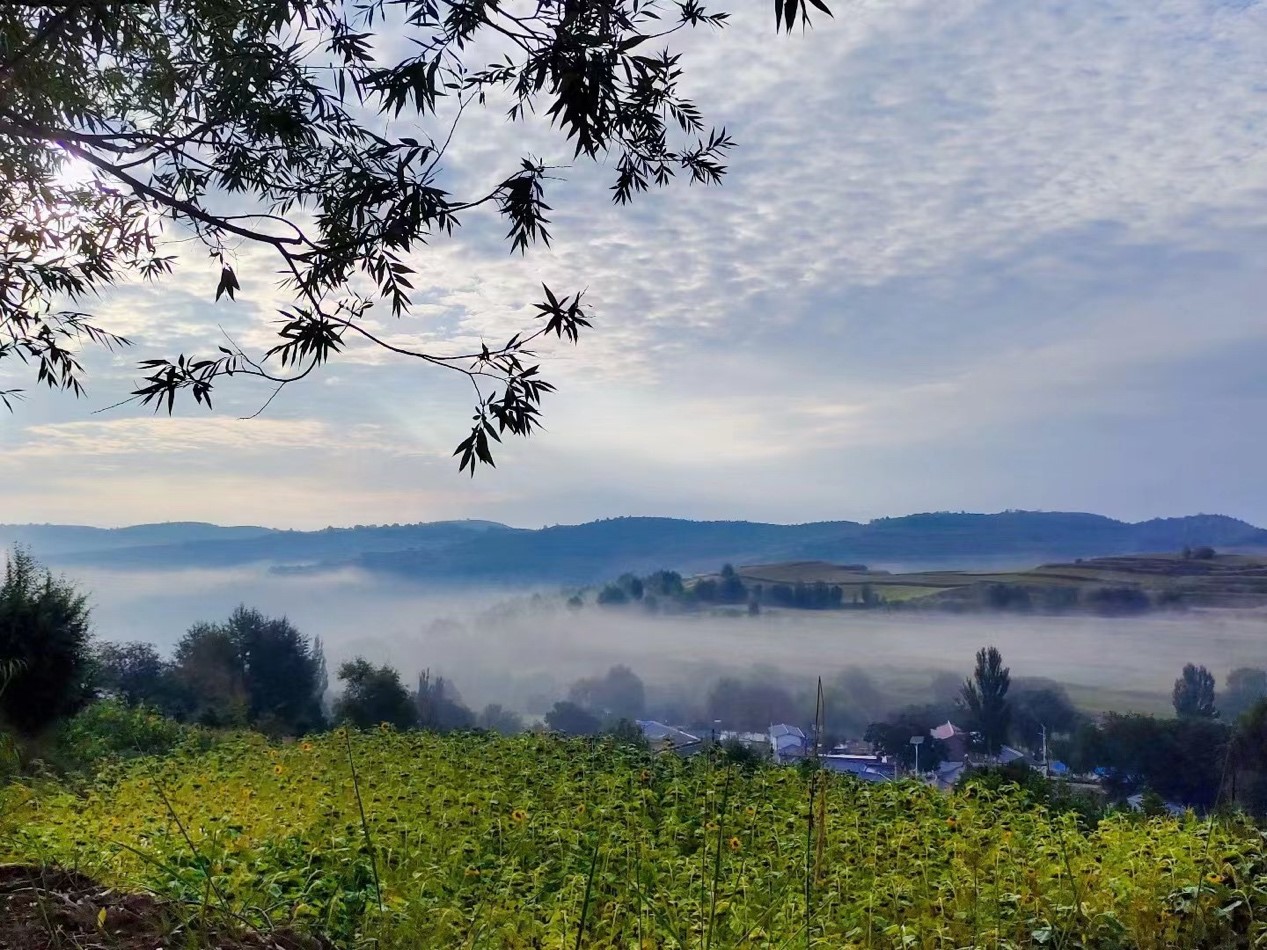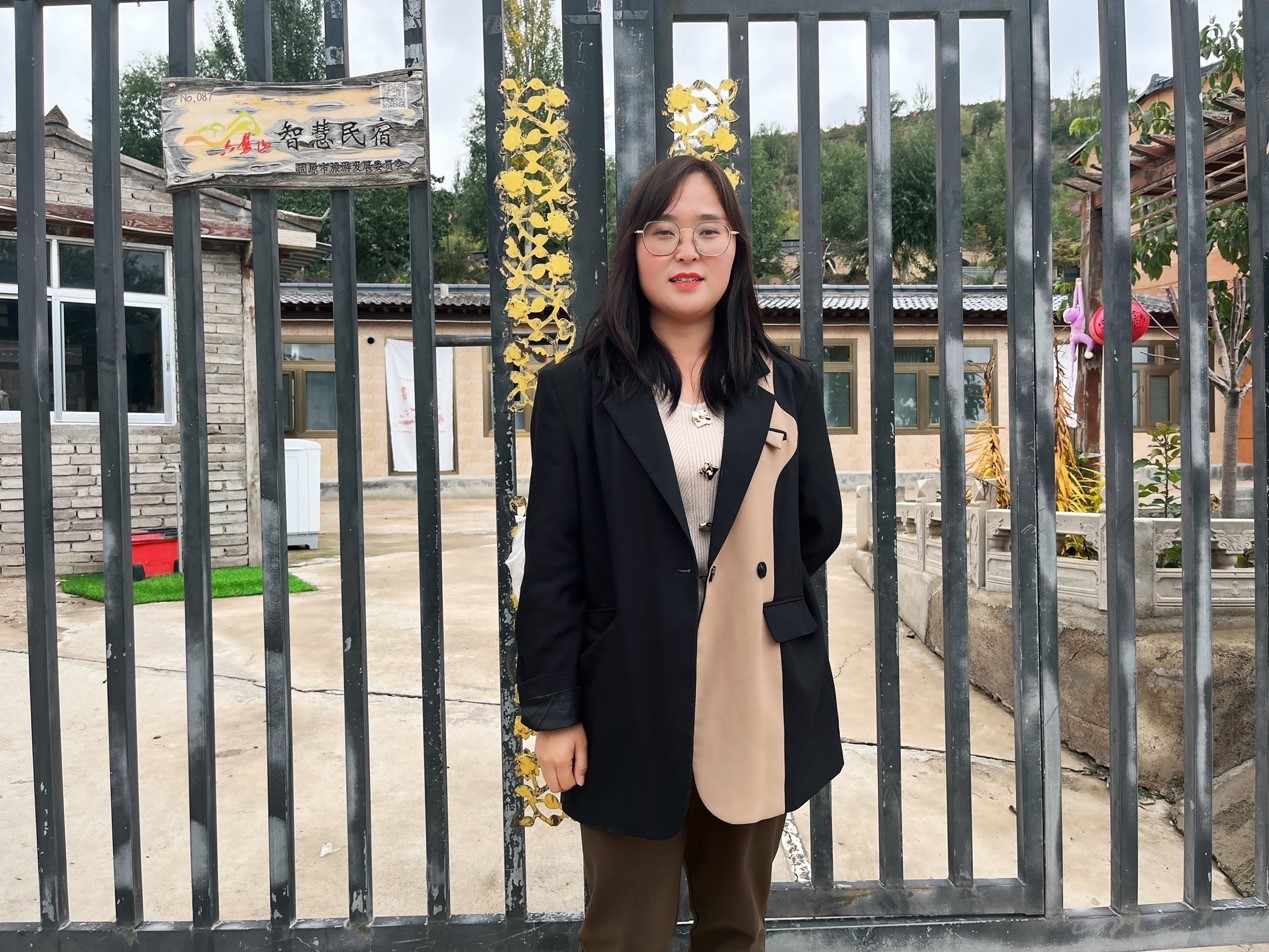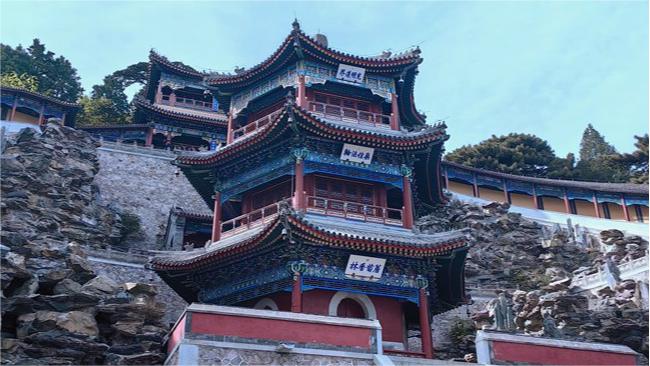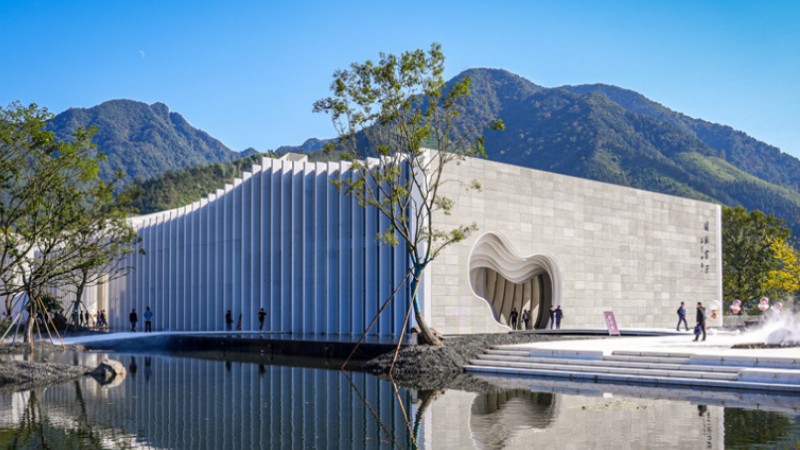Village in northwest China's Ningxia undergoes green transformation

Longwangba village in northwest China’s Ningxia Hui Autonomous Region in the old days. (Photo provided by Longwangba Village Committee)
The transformation of Xihaigu, once labeled by the World Food Programme as one of the "most unfit places for human settlement" in the 1970s, into a verdant and beautiful land is the thing that impressed me the most during my recent trip to northwest China’s Ningxia Hui Autonomous Region.
Below you can see some old and new images documenting Longwangba village's (龙王坝村) transformation from a wasteland into an ecotourism destination.
All of the locals are now out of poverty, and several have opened their own village inns. China’s environmental protection and poverty alleviation efforts have made the villagers’ lives better.

Longwangba village is now an ecological tourism spot. (Photo provided by Longwangba Village Committee)

Wang Lyurui, 48, a resident of Longwangba village for nearly three decades. (Photo/Chizao)
Wang Lyurui, 48, has been a resident of Longwangba village for nearly three decades. She is an illiterate woman who used to live in poverty.
After the local environment changed, Wang refurbished her ancient house and turned it into an inn that offers ecotourism and her homemade vinegar. Her life has become more prosperous and comfortable as a result of the increase in income.
With the assistance of the local government and through her own efforts, all four of her children attended university, making up for her regret of not being able to read and write.
Wang is now the owner of a two-story village inn with eight rooms.

Like many local youths, Zhang Xuxu, 29, is back home and is now a business leader. (Photo/Chizao)
Zhang Xuxu, 29, was born and raised in Longwangba village and is now the manager of one of the village's 45 inns.
Zhang remembered how, when she was a child, her village was frequently overwhelmed by sandstorms and drought. Because there was no running water in the village, its residents had to walk two hours with buckets to the nearby reservoir to fetch water. The mountains had few trees, and the bushes and grass were used as fuel by the locals.
While local living standards have improved in recent years as a result of poverty alleviation initiatives, the villagers and the government have begun planting trees to make their hamlet more liveable.
"There are 407 households in our village, with a total population of 1,861 people. The majority of us have benefited from local ecotourism," she explained.
Zhang and many other young locals who previously worked in big cities to escape poverty have now returned to their hometown to start their own businesses.
Photos
Related Stories
- From berries to wine, industry flourishes in Ningxia
- Zengcheng in S China's Guangzhou promotes featured industries
- Oil-tea camellia brings prosperity to county in C China's Henan
- Chinese vice premier stresses advancing rural revitalization
- New types of farmers inject vitality into rural industries
- Man in Inner Mongolia leads fellow farmers to prosperity through horse-head fiddle manufacturing
- Desert tourist attractions fuel travel enthusiasm in NW China
Copyright © 2023 People's Daily Online. All Rights Reserved.









